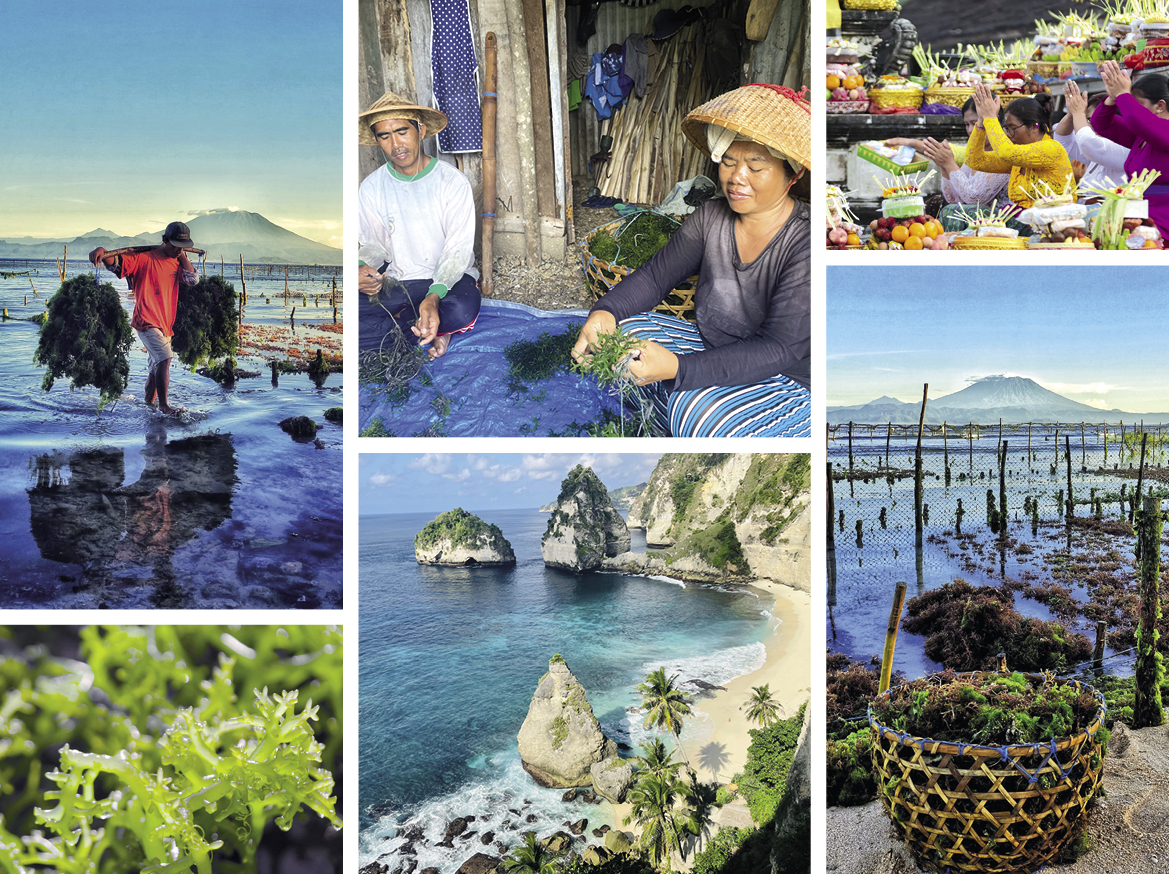THE SEAWEED FARMERS OF NUSA PENIDA

Indonesia is the second largest seaweed producer in the world. But pollution and climate change are making life difficult for family businesses. Since the start of the pandemic, however, seaweed farming has experienced an unexpected revival.
Indonesia is the second largest producer of seaweed in the world. But farming is becoming increasingly difficult thanks to climate change and other human influences. Many traditional family businesses fear for their livelihoods. Nevertheless, the seaweed farming sector has experienced something of a revival since the start of the Covid pandemic. With fewer tourists visiting the country, islanders are rediscovering the miracle plant. In 2019, 66-year-old Wayan Lugra invested in a third car for his chauffeur service on Nusa Penida but had to sell again because of the lack of tourists. He has been forced to farm algae – like he used to before the pandemic. 54-year-old Nyomon Chandra, on the other hand, has been a seaweed farmer all his life, just like his father. He’s never done anything else, and if he has his way, he never will. But nature is an important factor. Increasing marine pollution and rising water temperatures are making his work increasingly difficult. The Covid pandemic, however, has had an unexpectedly positive outcome – algae continues to grow irrespective of tourist arrivals and viruses, and as a result traditional farming is experiencing a mini revival.